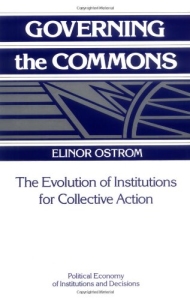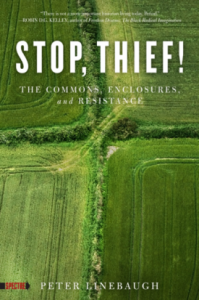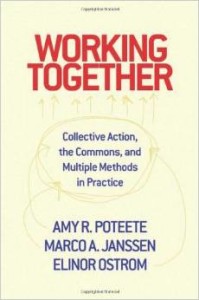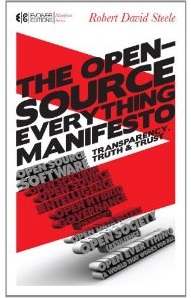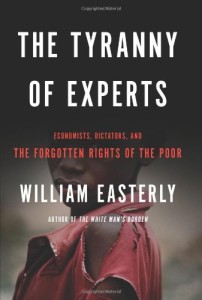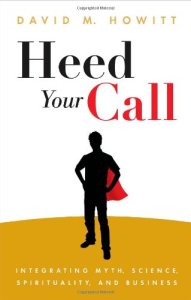
David Howitt
5.0 out of 5 stars Skeptic's Guide to Pragmatic Monetizable Spiritualism and Balance, October 5, 2014
I read this book on the way back from The New Story Summit at the Findhorn Foundation in Scotland, and have to admit that the experience there with many people both spiritual and practical, elevated my ability to appreciate this book. It is a solid five and strongly recommended for anyone who wishes to be more effective, more balanced, and happier.
There are at least two bottom-lines in this book:
01. You can have it all — the trade-offs that CEOs have tended to make, sacrificing family and happiness (and often ethics as well) for the sake of the job are both unnecessary and counter-productive. AND, rather than EITHER/OR, is the central point of this book. Another word in this vein used by the author is HYBRID.
02. By integrating empathy, feelings, intuition, and a strong desire to SERVE, the authenticity, integral value, and sustainability of your entire offering will be radically enhanced, leading naturally to more and better (more ethical) money.

